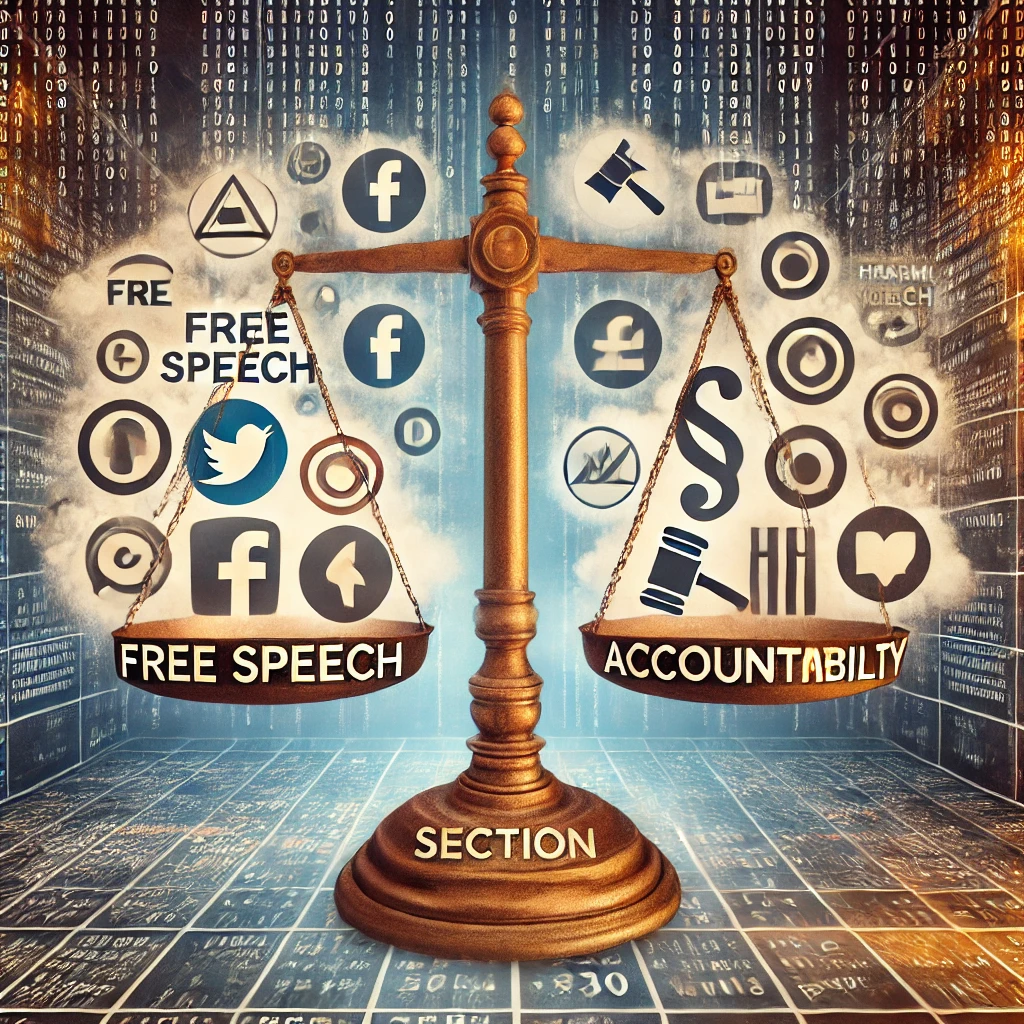
US Supreme Court to Hear Landmark Case on Section 230 and Social Media Liability
U.S. Supreme Court to Review Legal Shield for Social Media Platforms: Section 230 Under the Spotlight
In what could be one of the most consequential decisions in the digital age, the United States Supreme Court has agreed to hear a case that could reshape the very foundation of internet law: Section 230 of the Communications Decency Act. This decades-old legislation has long shielded tech companies from liability for user-generated content, allowing platforms like Facebook, Twitter, YouTube, and Reddit to flourish without facing lawsuits over what users post. But that legal protection may now be up for a dramatic revision.
What is Section 230—and Why Is It Important?
Passed in 1996, Section 230 states that “no provider or user of an interactive computer service shall be treated as the publisher or speaker of any information provided by another.” In simpler terms, it gives social media companies legal immunity from being sued over content users share on their platforms.
Originally meant to support the nascent internet by giving platforms the freedom to moderate content without fear of liability, Section 230 has become the backbone of digital speech. It protects websites from an unmanageable flood of lawsuits and has allowed the digital ecosystem to grow exponentially.
However, with power comes responsibility—or the lack thereof, as critics argue.
The Current Challenge: Algorithms and Amplification
The case heading to the Supreme Court centers not just on content, but how that content is distributed. Petitioners allege that by recommending harmful or false content through algorithms, platforms are not just hosting it—they are amplifying it. This blurs the line between being a neutral host and an active participant.
The lawsuit questions whether platforms should be protected when their automated systems, trained to maximize engagement, push users toward misinformation, extremist propaganda, or harmful conspiracy theories.
Arguments from the Petitioners
Petitioners—ranging from families of terror victims to civil rights groups—argue that:
Section 230, in its current form, is outdated and fails to account for algorithmic amplification.
Social media companies have become powerful gatekeepers of information and should be held to a higher standard.
Immunity from liability has created a culture of negligence where profits outweigh responsibility.
They are not calling for all content to be censored—but for platforms to be accountable when their recommendation engines knowingly promote harmful content.
Tech Companies Push Back
Major tech platforms, backed by powerful trade associations, warn that gutting Section 230 would have chilling effects on free expression online.
Their key arguments include:
Without Section 230, platforms would be forced to heavily censor content to avoid litigation.
Smaller websites and startups wouldn’t survive the legal risks, stifling innovation.
Algorithms are essential tools for moderating vast amounts of content—and punishing their use could discourage content filtering altogether.
A Global Precedent in the Making
The implications of this case go far beyond American borders. Tech companies operate globally, and any change in U.S. law could influence regulatory approaches in Europe, India, Australia, and beyond.
Nations are already grappling with how to regulate online platforms without undermining freedom of speech. If the U.S. Supreme Court modifies or narrows the scope of Section 230, it could become a model—or a warning—for other democracies.
What’s at Stake?
📌 Free Speech vs. Accountability: Can platforms continue to enjoy immunity while their algorithms influence public opinion and behavior?
📌 Innovation vs. Regulation: Will new startups be able to survive a world where every piece of user content is a potential legal liability?
📌 Democracy vs. Disinformation: How should governments and courts balance the right to information with the dangers of misinformation?
The Verdict to Come
The Supreme Court’s ruling, expected later this year, could redefine how the internet works for everyone. It could push Congress to revisit the language of Section 230—or reaffirm its current form.
Either way, the digital world is watching closely.












comments